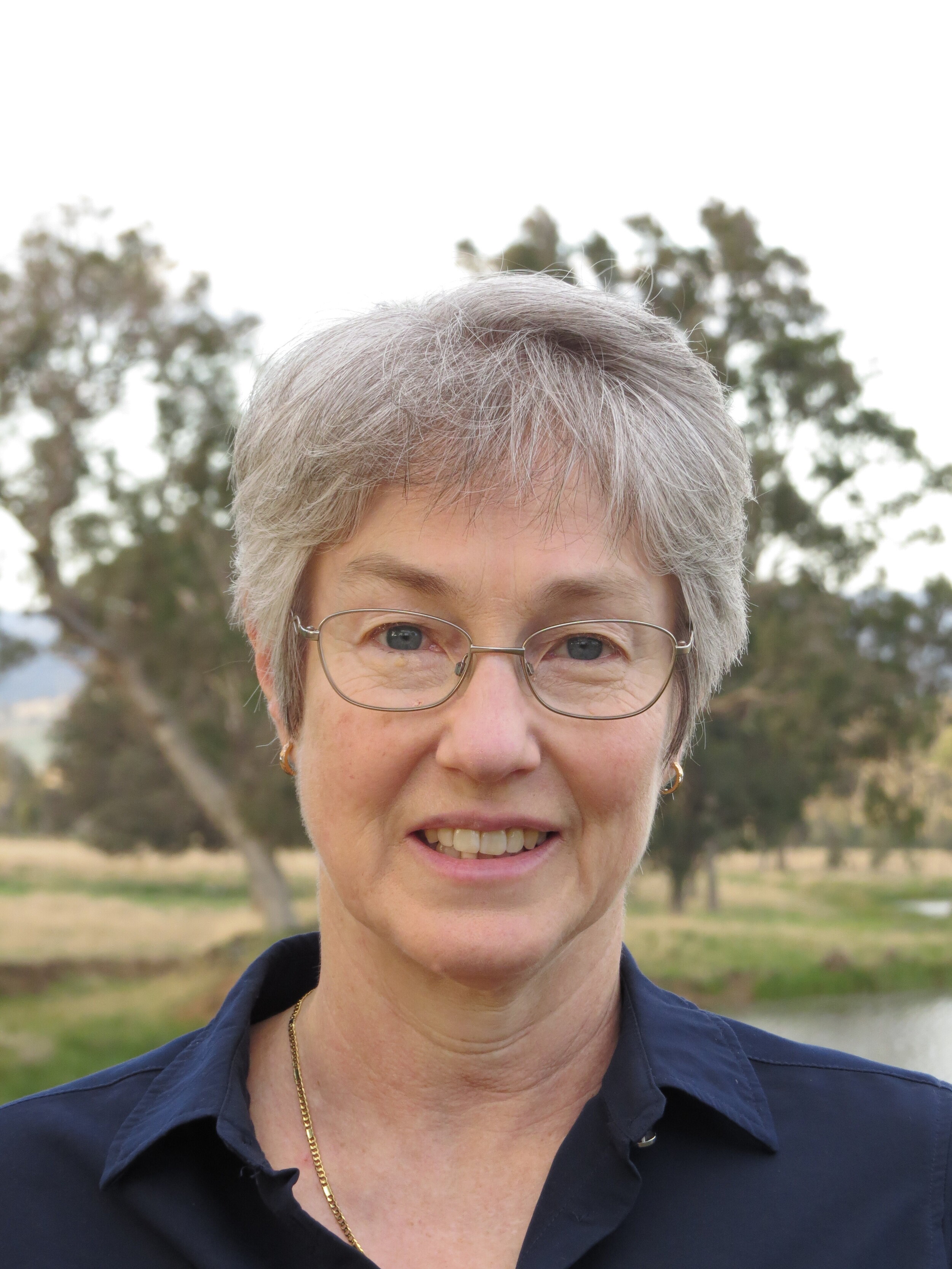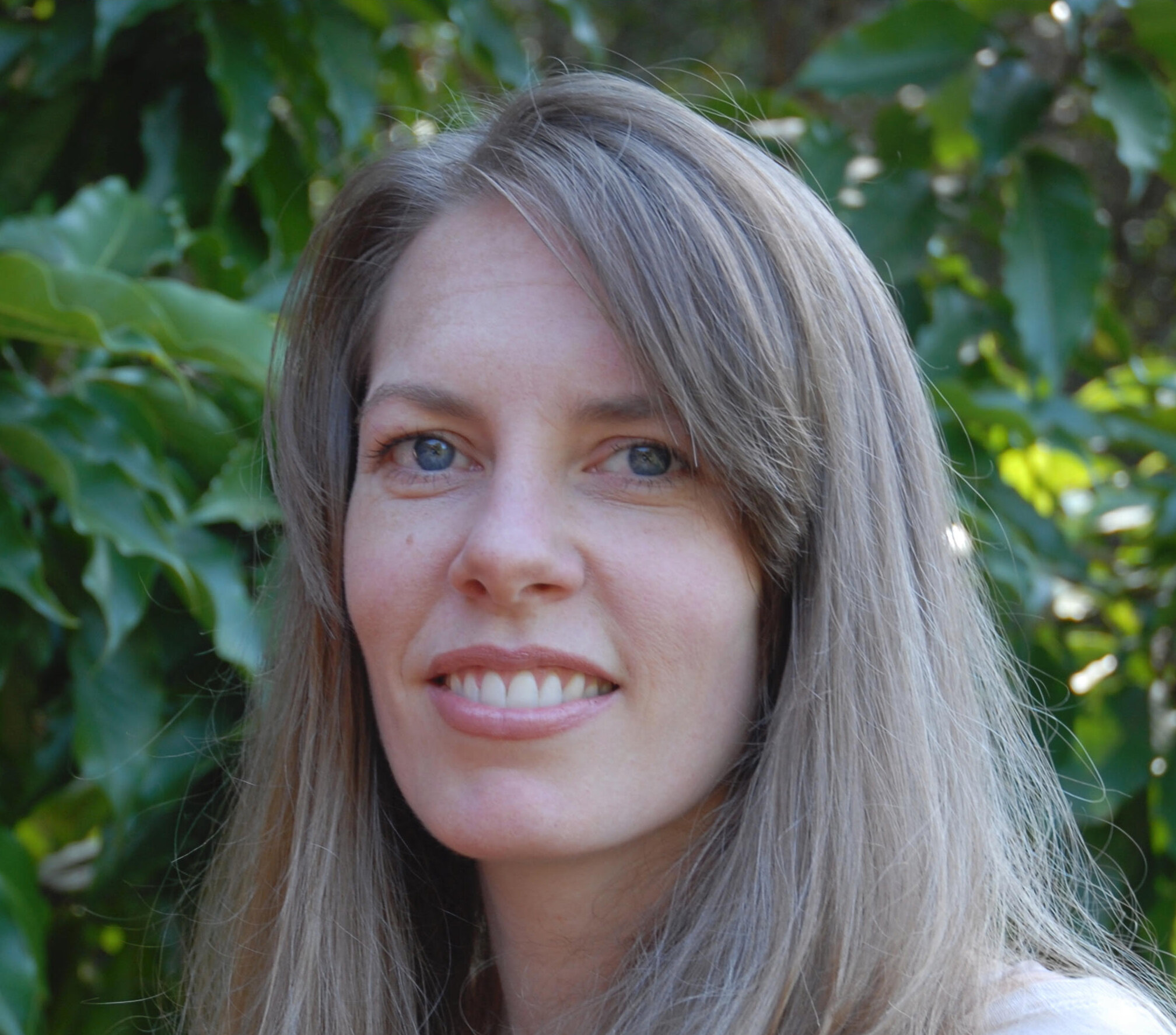
Ruth Meinzen-Dick
Ruth is Senior Research Fellow at the International Food Policy Research Institute, Coordinator of the CGIAR program on Collective Action and Property Rights (CAPRi), and co-leader of IFPRI’s research theme on Strengthening Institutions and Governance. A past President of the International Association for the Study of the Commons (IASC) and steering committee member of the Global Water Partnership, she currently serves on the Coalition Council of the International Land Coalition. Ruth’s research addresses policies for water and natural resource management, gender analysis, local organizations, property rights and collective action, comparative analysis of irrigation system performance, relations between farmers and government agencies, impact of agricultural research on poverty, and sustainable livelihoods. She co-developed the Women’s Empowerment in Agriculture Index, the first comprehensive and standardized measure of women’s empowerment and inclusion in the agricultural sector, which has been applied by dozens of agencies in 35 countries in Asia, Africa, and Latin America. A development sociologist with a Ph.D. from Cornell University, she has conducted field work in India, Zimbabwe, Uganda, Kenya, Nepal, Pakistan, and Sri Lanka. Ruth is a founding member of the CoRe advisory committee and serves as Chair.

Jagdeesh Rao
Jagdeesh is an Entrepreneur in Residence at the Omidyar Network India. A past Chief Executive of the Foundation for Ecological Security, he is currently designing an initiative promoting systems leadership for environmental governance and resilient rural livelihoods for his residency. An engaged practitioner, his entire professional life has been centered around furthering judicious management of natural resources, especially common land and water, with community institutions playing a central role. Recognized as an international leader in advancing conservation and restoration of the commons for rural livelihoods, Jagdeesh is the recipient of the prestigious Skoll Award for Social Entrepreneurship (2015) and was named a Rainer Arnold Conservation Fellow (2017). He is particularly interested in the application of ‘systems thinking’ at the interface of ecology, society and economy to address the interrelated issues of poverty and environmental degradation. A graduate in Agricultural Sciences, Jagdeesh completed his post-graduate training in Rural Management at the Institute of Rural Management, India, followed by a post-graduate degree in Forestry for Rural Development from the International Institute for Aerospace Survey and Earth Sciences, Netherlands. Jagdeesh is a founding member of the CoRe advisory committee.

Annette Cowie
Annette Cowie has a background in soil science and plant nutrition, with particular interest in sustainable resource management. She is the Principal Research Scientist in the Climate Branch of NSW Department of Primary Industries and Adjunct Professor, School of Environmental and Rural Science at the University of New England. Annette is a lead author for the IPCC’s Sixth Assessment Report, and co-leader of the International Energy Agency Bioenergy research group “Climate and Sustainability Effects of Bioenergy within the broader Bioeconomy.” Annette’s previous roles include Land Degradation Advisor on the Scientific and Technical Advisory Panel of the Global Environment Facility, member of the UNCCD’s Science-Policy Interface, and lead author for the IPCC Special Report on Climate Change and Land. Annette’s current research focuses on quantifying and managing climate effects of agriculture and forestry, including through bioenergy and biochar. Her research has been applied in development of climate policy for the land sector, including greenhouse gas accounting for inventory and emissions trading. Annette has been involved in development of standards, regulations, and codes of practice for sustainability assessment of agricultural and forest systems, safe use of biosolids and biochar, and calculation of carbon footprints at international, national, and organisation levels.

Madiodio Niasse
Madiodio Niasse is a geographer and environmental scientist working at the nexus of water and land governance and rural development. He was Director of the Secretariat of the International Land Coalition (ILC), based in Rome, Italy, and before that chairperson of the West Africa platform of the Global Water Partnership (GWP). Prior to joining ILC, Madiodio served as Senior Researcher with the French Institute for Development Research (IRD); Regional Coordinator of Wetlands and Water Resources Programmes with IUCN-West Africa based in Ouagadougou, Burkina Faso; and Senior Policy Advisor with the World Commission on Dams, based in Cape Town, South Africa. He is the former chairperson of the Roster of Experts of the Independent Review Mechanism of the African Development Bank and member of the GWP Technical Committee. Earlier professional experiences include four years with the Institute for Development Anthropology (IDA) as research coordinator for a multi-year study on the socio-anthropological, economic and ecological impacts of dams in the Senegal River Basin, and six years with USAID based in Dakar, Senegal and in the West Africa Regional Office (Abidjan, Cote d'Ivoire) as Social Sciences Advisor. A citizen of Senegal, Madiodio holds a Ph.D. from the University of Dakar.

Christel Scholten
Christel Scholten is the Managing Director of the Brazilian office of Reos Partners, an international social enterprise that uses a systemic, collaborative and creative approach to address complex social challenges. She designs and facilitates multi-stakeholder processes to transform social systems. Recent projects include a multisectoral platform for collaboration and innovation in the fashion industry, scenario processes on the future of education at both national and local levels, and others in the areas of sustainable development, conservation, health, women and violence, education, early childhood development, social and economic inclusion, and social innovation. She provides capacity building and facilitates workshops on systems thinking and mapping, social transformation, collaboration, Social Lab and Transformative Scenario methodologies and designs and guides nature retreats and experiences. Prior to joining Reos in 2009, Christel was Superintendent of Sustainable Development at Banco Real in Brazil after working at ABN AMRO Bank in Amsterdam. At Banco Real, she was responsible for integrating sustainability into the organization's strategy, governance, policies, processes and educational programs. Christel holds a bachelor's degree in business from Saskatchewan University, Canada and a master's degree in Sustainability from Bath University, England. Christel is Canadian and has lived in several countries including Mexico, India, the Netherlands and Bangladesh. She currently lives close to São Paulo, Brazil with her husband and three children.

Blake Ratner
Blake is Executive Director of Collaborating for Resilience, and member of the Scientific and Technical Advisory Panel of the Global Environment Facility, where he provides guidance on the design of GEF strategy in the areas of international waters, environmental security and resilience. He is the immediate past Director General of WorldFish, which works to strengthen food and nutrition security for millions of small-scale producers, processors, traders and poor consumers in South and Southeast Asia, Africa, and the Pacific. An environmental sociologist with a Ph.D. from Cornell University, Blake’s research addresses social equity, ethics, resource conflict and the role of multi-stakeholder dialogue in environmental governance. Early in his career he worked with social entrepreneurs in Guatemala and the Palestinian Occupied Territories, and subsequently held posts with the World Resources Institute and the World Bank. Blake has been based for 13 years cumulatively in Thailand, Cambodia, and Malaysia, in addition to leading program implementation in China, India, Laos, Myanmar, Uganda, Vietnam, and Zambia. His working languages are English, French and Spanish; he has also worked professionally in spoken Khmer and Arabic.






